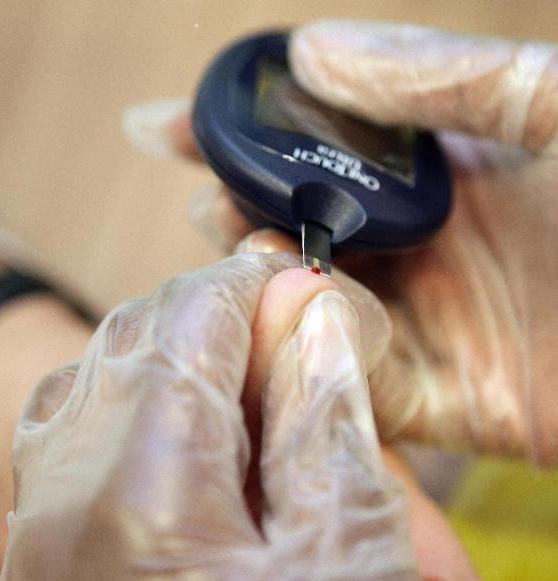Pre-diabetes label ‘worthless’, researchers say
Telling people they have borderline diabetes has no medical value, researchers have said. Analysis by experts from University College London (UCL) and the Mayo Clinic in Minnesota in the US, states that current definitions for pre-diabetes, an umbrella term most commonly used to describe people with moderately high blood sugar, risk “unnecessary” medicalisation and create “unsustainable burdens” for healthcare systems. It comes after Diabetes UK releases statistics showing 3.8million people in the UK now have the condition and about 35 per cent of the population have borderline diabetes.
Pre-diabetes is an artificial category with virtually zero clinical relevance.
Lead author John Yudkin, Emeritus Professor of medicine at UCL
Yukin said there’s no scientifically proven benefit of giving diabetes treatment drugs to people in this category before they develop diabetes, particularly since many of them would not go on to develop diabetes anyway. Treatments to reduce blood sugar only delayed the onset of type 2 diabetes by a few years, and the study, published in The The British Medical Journal, found no evidence of long-term health benefits.
We need to stop looking at this as a clinical problem with pharmaceutical solutions and focus on improving public health.
Lead author John Yudkin, Emeritus Professor of medicine at UCL

Health